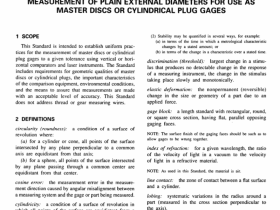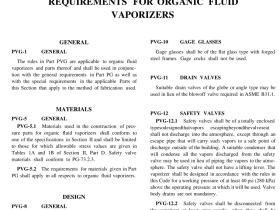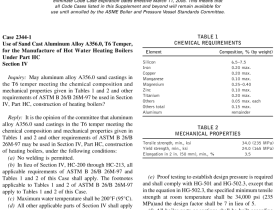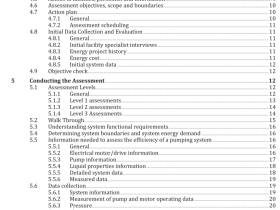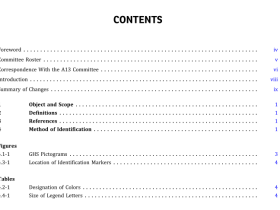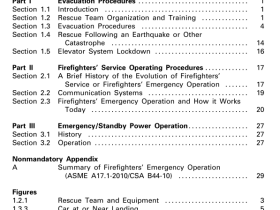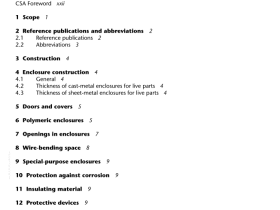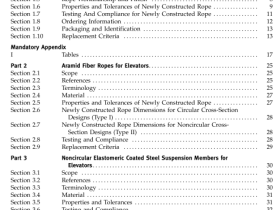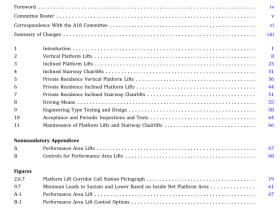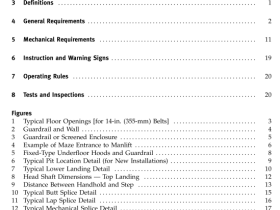ASME B16.11 pdf download
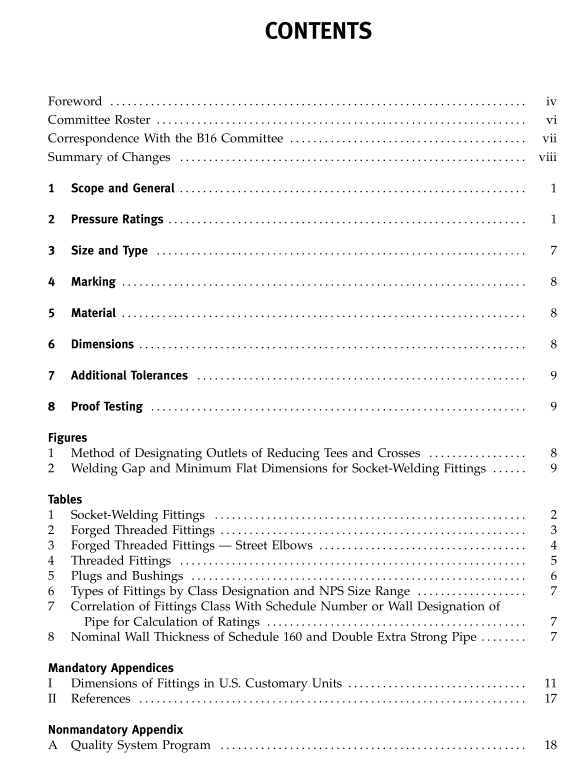
ASME B16.11 pdf download Forged Fittings, Socket-Welding and Threaded
1 SCOPE AND GENERAL
1.1 Scope
This Standard covers ratings, dimensions, tolerances, marking, and material requirements for forged fittings, both socket-welding and threaded, as illustrated in Tables 1 through 5 and Tables I-1 through I-5, inclusive.
1.1.1 Fitting Types/Configuration. Types of fittings covered by this Standard are shown in Table 6, by class and size range. Fittings shown in Tables 1 through 5 and Tables I-1 through I-5 may also be made with combi- nations of socket-welding and threaded ends.
1.1.2 Special Fittings. Fittings with special dimen- sions, threads, or counterbores may be made by agreement between the manufacturer and purchaser. When such fittings meet all other stipulations of this Standard, they shall be considered in compliance there- with, provided they are appropriately marked (see section 4).
1.1.3 Welding. Installation welding requirements are not within the scope of this Standard. Installation welding shall be in accordance with the applicable pip- ing Code or regulation covering the piping system into which the fittings are installed.
1.2 General
1.2.1 Referenced Standards. Standards and specifi- cations adopted by reference in this Standard are shown in Mandatory Appendix II. It is not considered practical to identify the specific edition of each standard and specification in the individual references. Instead, the specific edition reference is identified in Mandatory Appendix II. A fitting made in conformance and con- forming to this Standard, in all other respects, will be considered to be in conformance to the Standard, even though the edition reference may be changed in a subse- quent revision of the Standard.
1.2.2 Codes and Regulations. A fitting used under the jurisdiction of the ASME Boiler and Pressure Vessel Code, the ASME Code for Pressure Piping, or a govern- mental regulationis subjectto any limitation ofthatcode or regulation. This includes any maximum temperature limitation, rule governing the use of a material at low temperature, or provisions for operation at a pressure exceeding the ratings in this Standard.
1.2.3 Service Conditions. Criteria for selection of fitting types and materials suitable for particular fluid service are not within the scope of this Standard.
1.2.4 Quality Systems. Nonmandatory require- ments relating to the product manufacturer’s quality system program are described in Nonmandatory Appendix A. 1.2.5 Relevant Units. This Standard states values in both SI (Metric) and U.S. Customary units. These systems of units are to be regarded separately as stan- dard. Within the text, the U.S. Customary units are shown in parentheses or in separate tables that appear in Mandatory Appendix I. The values stated in each system are not exact equivalents; therefore, it is required that each system be used independently of the other. Combining values from the two systems constitutes nonconformance with the Standard. Tables 1 through 5 show fittings dimensional require- ments in millimeters. Tables I-1 through I-5 show the dimensional requirements for inch dimensioned fittings.
2 PRESSURE RATINGS
2.1 General Fittings under this Standard shall be designated as Class 2000, 3000, and 6000 for threaded end fittings and Class 3000, 6000, and 9000 for socket-weld end fittings.
2.1.1 Basis of Rating. The schedule of pipe corres- ponding to each Class designation of fitting for rating purposes is shown in Table 7. Design temperature and other service conditions shall be limited as provided by the applicable piping code or regulation for the material of construction of the fitting. Within these limits, the minimum wall thickness for pipe to be used with a Table 7 Class designated fitting shall be computed based on appropriate size straight seamless pipe of equivalent material as the fitting (as shown by comparison of com- position and mechanical properties in the respective material specifications). The minimum pipe wall thick- ness calculation shall include pressure design and all applicable additional allowances (e.g., erosion, corro- sion, and thread depth for threaded pipe). The minimum wall thickness for selected pipe, considering manufac- turing minus wall thickness tolerance (typically 12.5%), shall not be less than the minimum wall calculation.
